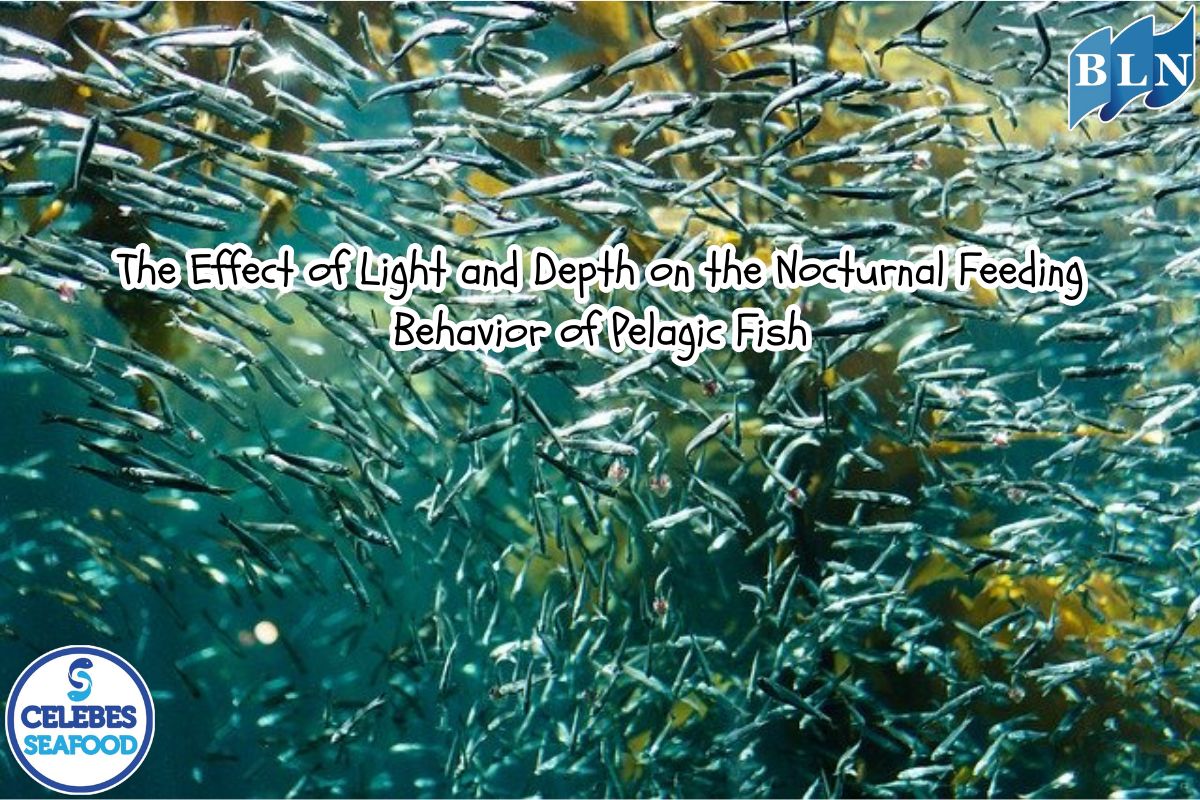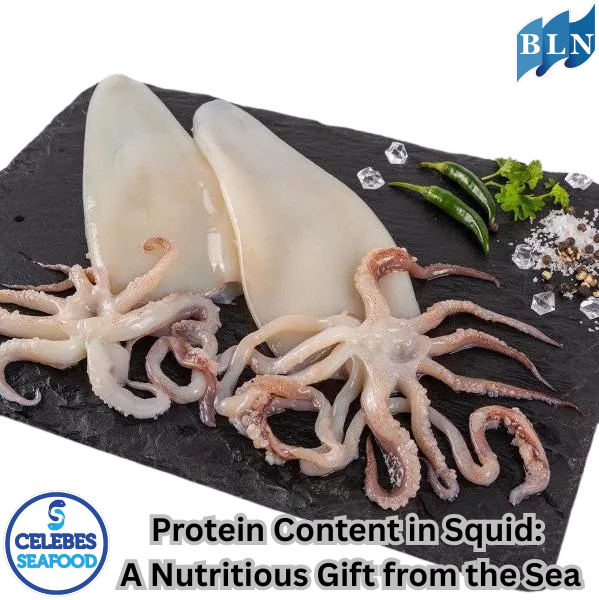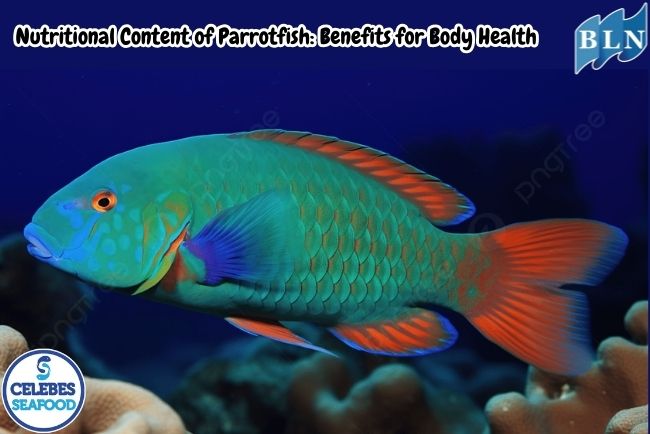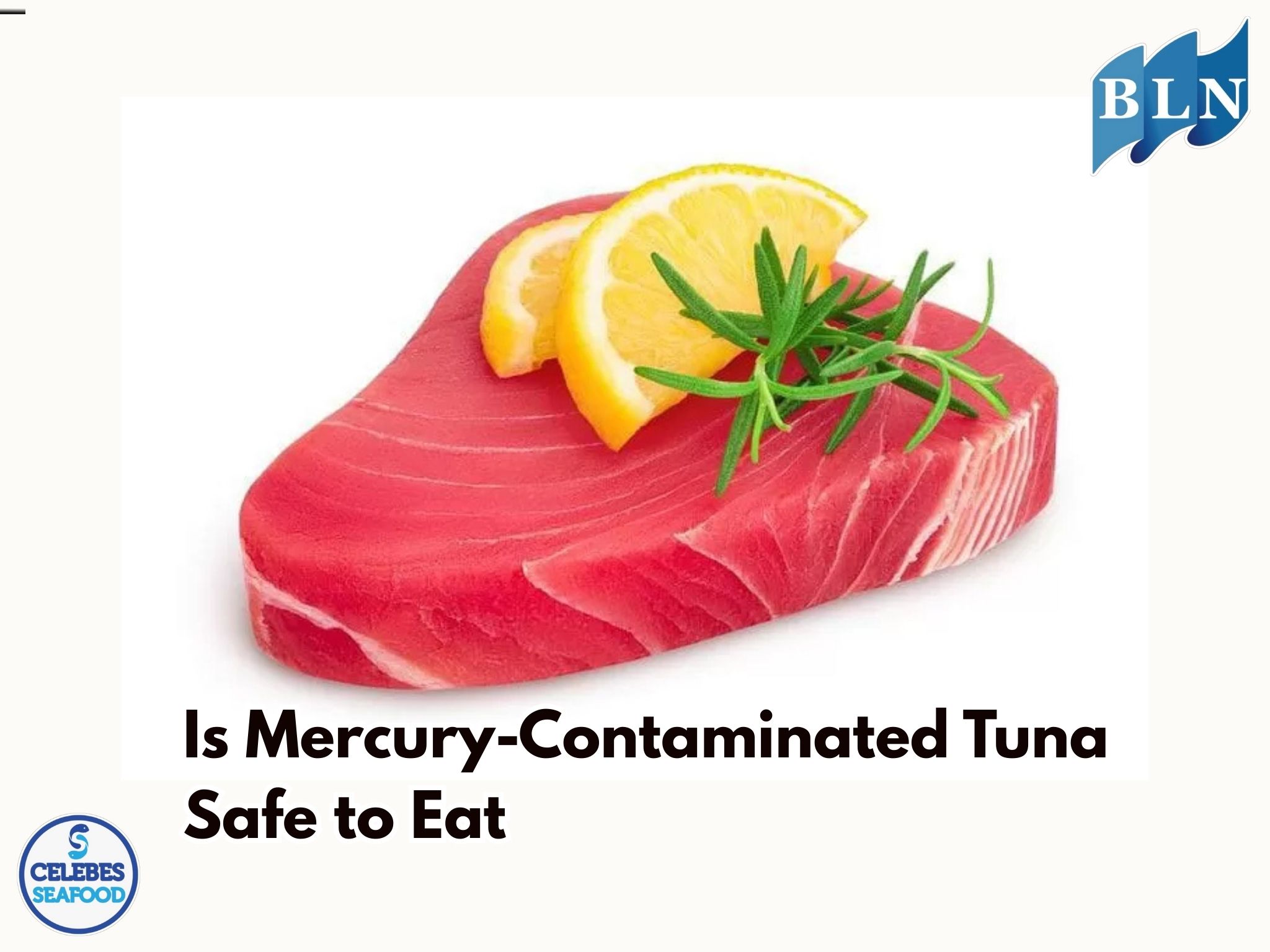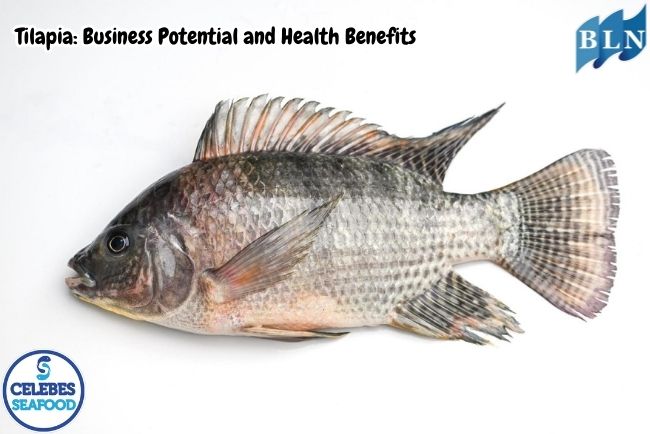The role of Chitosan for body health
By. Rani - 05 Feb 2025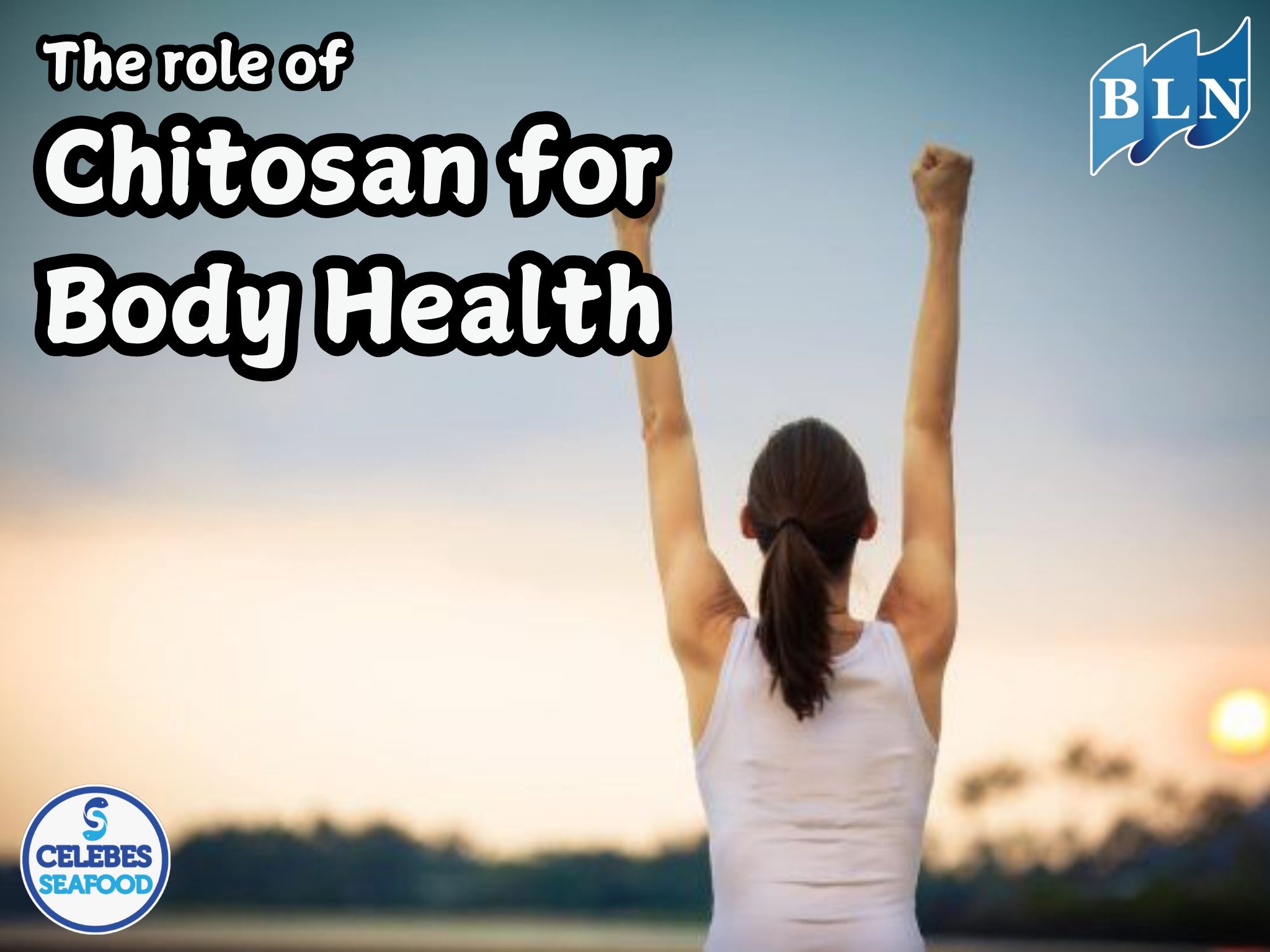
lautnusantara.com Chitosan is one of the polymers most often cited in scientific research. Chitosan has several biomedical and biopharmaceutical applications and is used in food science and technology. Chitosan has characteristics such as non-toxicity, biocompatibility, biodegradability, and absorption properties, thus making it a great functional material. Currently, chitosan is produced commercially throughout the world and by several manufacturers.
Chitosan is made from chitin, a fibrous compound found primarily in the hard exoskeletons of crustaceans and in the cell walls of some fungi. One study revealed that an enzymatic reaction produces chitosan – a form more suitable for supplements.
Chitosan is biodegradable and has been used in the development of antimicrobial coatings for food packaging. Chitosan is also approved for use in wound dressings due to its gel-forming ability. Chitosan is now being studied for use in medicine and tissue engineering.
Read Also : Utilization of Fish Scale Waste as a Cosmetic Ingredient
The role of Chitosan in health
Chronic periodontitis
In a 2007 study, researchers tried to evaluate the clinical effectiveness of chitosan, as a carrier in gel form and as an active agent in the treatment of chronic periodontitis. Chitosan gel is mixed with or without antibiotics. According to study results, chitosan alone is effective as well as in combination with antibiotics in the treatment of chronic periodontitis due to its antimicrobial properties.
Parkinson's disease
Several studies have shown that dysfunctional mitochondria may play an important role in Alzheimer's Disease and the associated loss of neurons. Factors such as environment and genetics, which are associated with Parkinson's Disease, contribute to mitochondrial dysfunction and the pathogenesis of the disease. Thus, one of the therapeutic targets in Parkinson's Disease is to address mitochondrial dysfunction. Chitosan has been shown to inhibit not only mitochondrial membrane potential disruption, but also cell death (apoptosis). Therefore, chitosan and chitooligosaccharides can be used to treat Parkinson's disease.
Cholesterol and Triglycerides
The researchers reported that when 3–6 grams of chitosan/day was given to healthy men, they saw a decrease in total serum cholesterol and when chitosan consumption was stopped, the values increased to previous levels. Apart from that, levels HDL cholesterol increased significantly with chitosan consumption. Furthermore, scientists did not observe any side effects. The researchers tried to explain the mechanism of action and suggested that chitosan incorporates bile acids in the digestive tract, and the products are excreted in the feces. This, in turn, reduces the absorption of bile acids and cholesterol pools in the body, leading to a decrease in serum cholesterol levels.
In addition, several studies show that chitosan can reduce plasma triglyceride and cholesterol levels. In addition, it has been proven that chitosan can reduce the risk of cardiovascular disease. In an animal study, mice were fed a diet containing chitosan. Researchers reported significant reductions in triglyceride, total cholesterol, and LDL cholesterol (bad cholesterol) levels as well as increases in HDL cholesterol (good cholesterol) levels. This suggests that the interaction between chitosan and bile salts and cholesterol is absorption, leading to its hypocholesterolemic effect.
Read Also : How to make Crab Asparagus Soup (Sup Mang Cua)
Wound healing
It has been demonstrated that exposure to chitosan accelerates the formation of whole blood from a coagulum. A number of studies have reported that chitosan acts as a hemostatic agent and can be used in various wound healing applications such as hemostatic bandages. Additionally, internal chitosan dressings have been used to achieve rapid hemostasis in major surgical and traumatic lacerations of the aorta, cardiac ventricles, and organs such as the lung, kidney, and liver. Recently, several medical devices and bandages containing chitosan to control bleeding have been marketed in the US and Europe. Furthermore, the capacity of chitosan to induce clot formation, appears to be a promising characteristic, potentially useful for patients with coagulopathies.
Inhibition of tumor growth
Chito-oligosaccharides (CHOS) are made from chitosan both chemically and enzymatically. It has been reported since the 70s that CHOS has antitumor effects. In addition, there is evidence of the positive effect of CHOS in reducing tumor metastasis. Researchers believe that the antitumor effect of CHOS is due to its inhibitory effect on angiogenesis. Angiogenesis is the formation of new capillaries from existing blood vessels and this process is very important for tumor formation because tumor growth and metastasis require angiogenesis when the tumor reaches a certain size.
Chitosan and Bone
The main components of bone are bone matrix and osteoblasts. Chitosan and CHOS are known to increase osteoblast formation and contribute to bone tissue formation. In addition, the mineralization process and bone strength depend on calcium. Research has shown that CHOS increases the bioavailability and deposition of calcium in bones.
Read Also : Edible Film from Fish Bones: A Solution to Reduce Waste and Increase Added Value
Analgesic Effect
In an animal study (2002) Okamoto and colleagues evaluated the analgesic effects of chitin and chitosan on inflammatory pain. The researchers reported that chitosan had a greater effect than chitin due to the different mechanisms of action of the two polymers
if you Interested in Our Product : Barramundi Skinless Tiger Style, CALAMARI WHOLE ROUND, Coral Trout Fillet Skin On, CORAL TROUT WGG WHOLE GILLED GUTTEDplease do not hesitate to contact us through email and/or whatsapp.
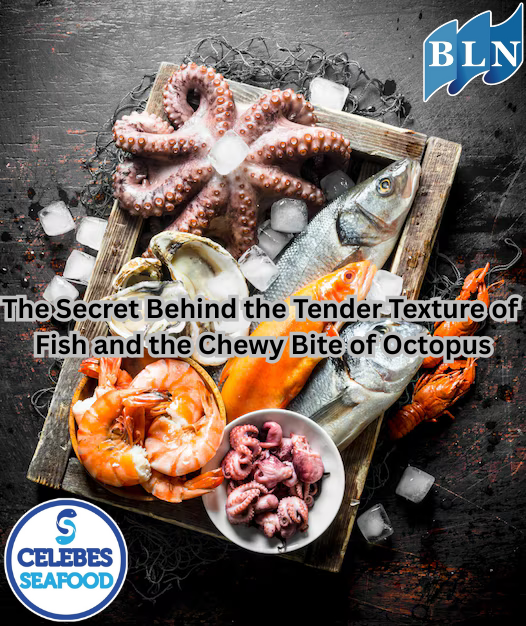
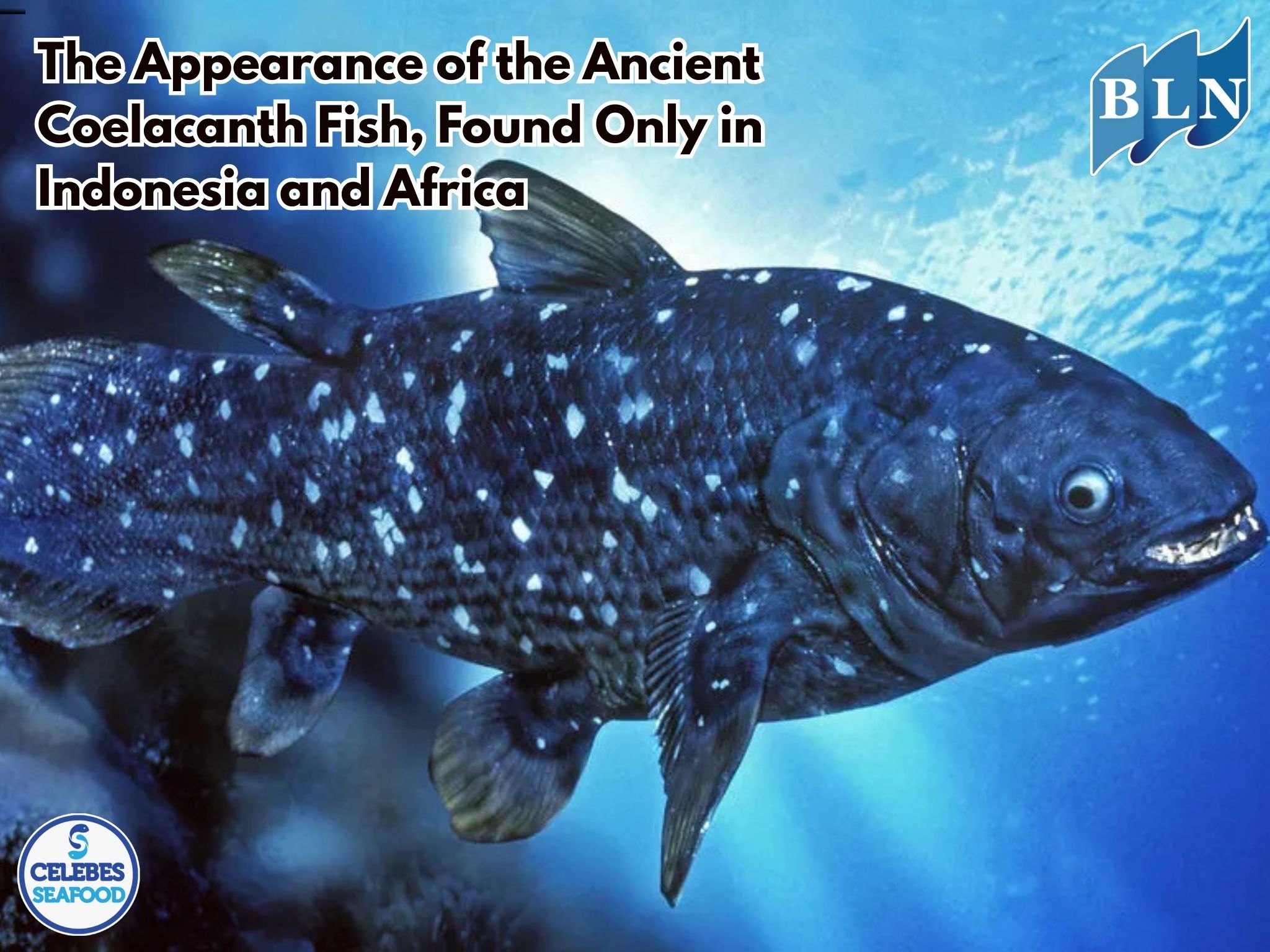
.jpg)
